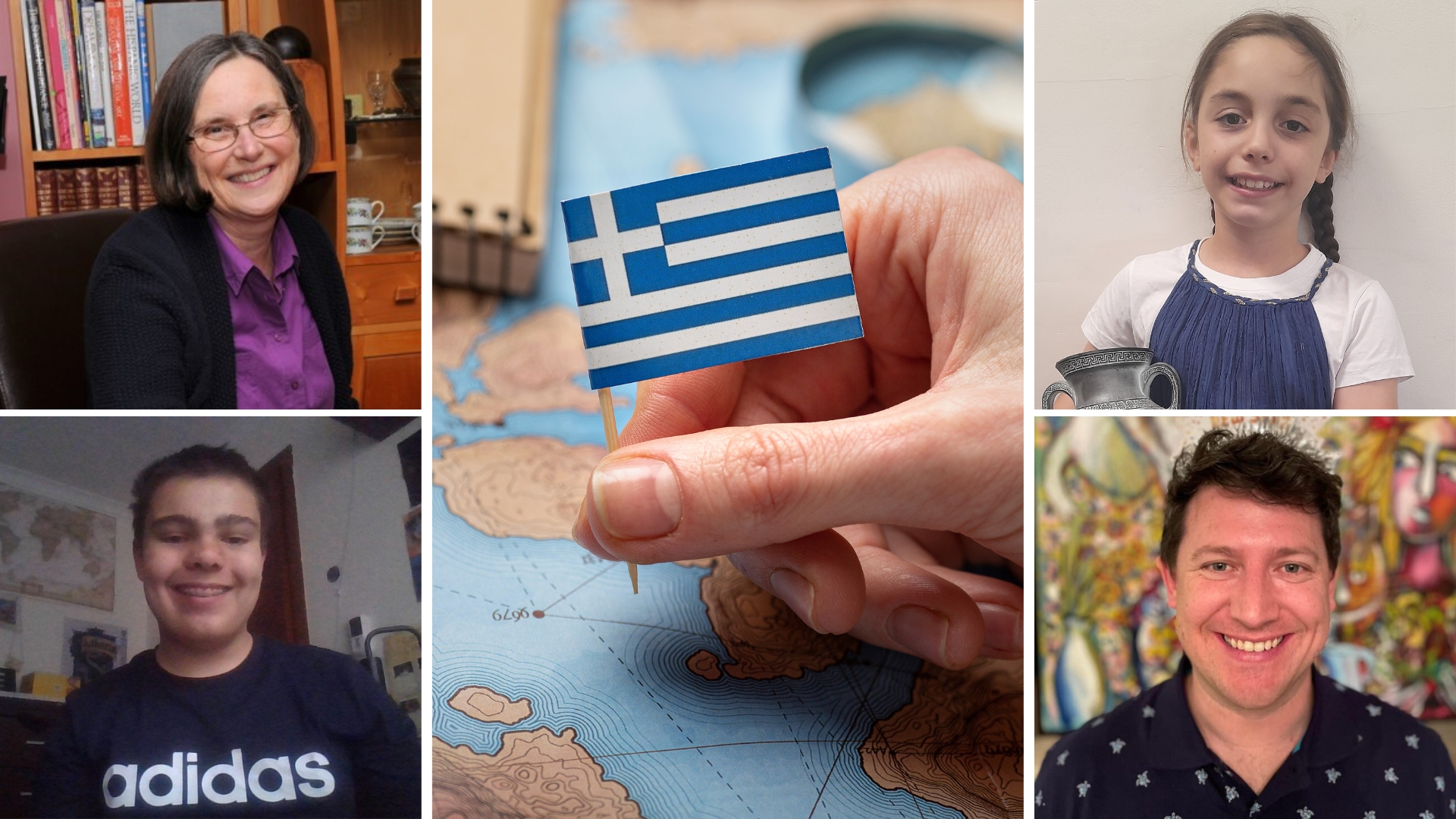According to the latest census by the Australian Bureau of Statistics, Greek remains the top Southern European language used at homes in Australia. Despite a decrease in recent years, over 200,000 people continue to speak Greek.
To mark International Greek Language Day today, The Greek Herald spoke with both Greek and non-Greek students from across the nation to share why they choose to learn the language.
Theodore Williams, 15 years old
School: Greek Community of Melbourne Language and Culture Schools
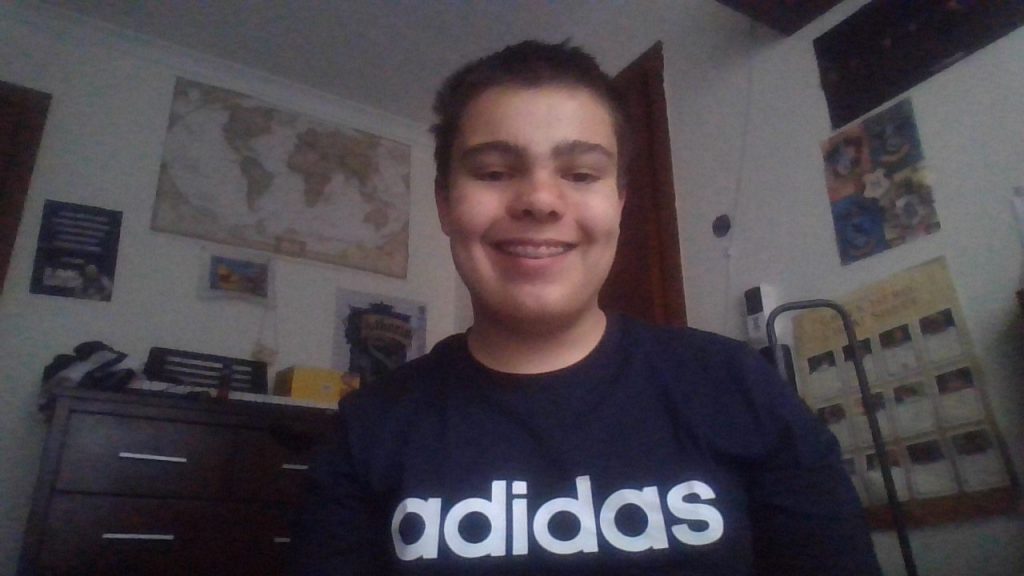
I study the Greek language because it is a beautiful language and I have never heard such an amazing language before. All the grammar and punctuation make sense and there is nothing quite like learning a new language. I also learn Greek to communicate with my relatives who, because of the language barrier, I have never had the chance or the opportunity to talk to.
Learning the language of my family makes me feel in touch with my own culture and I feel happy being able to learn about myself through the language. Greek has always been a passion of mine ever since I was very young when I was with my grandparents, who only spoke Greek and I wanted to communicate with them. I am always learning with my fellow students and teachers, which I enjoy.
I would strongly recommend studying Greek as an additional language in order to communicate to other human beings, and as it is easier than most languages. If you are Greek and don’t speak the language, learning the Greek language will help you strengthen your connection to your homeland, your ancestors and your history.
Athina Karanasios, 8 years old
School: Clemton Park Greek Language School, Greek Orthodox Community of NSW
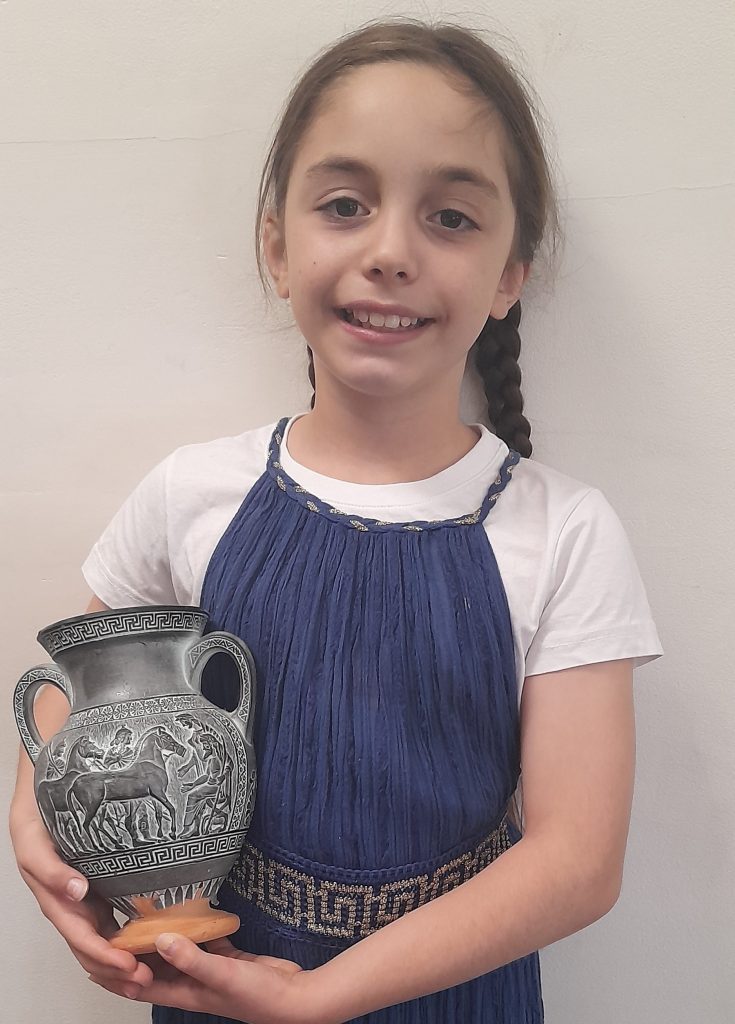
I love learning Greek because I am Greek and it’s very interesting. I enjoy being able to speak with my grandparents in Greek and to my Greek friends. I find that because I speak Greek it is also easier to understand hard English words. We need to keep learning the language and keep speaking to each other in Greek to keep the language alive.
Dr Katherine Barnes, 71 years old
School: Greek Orthodox Community of Canberra
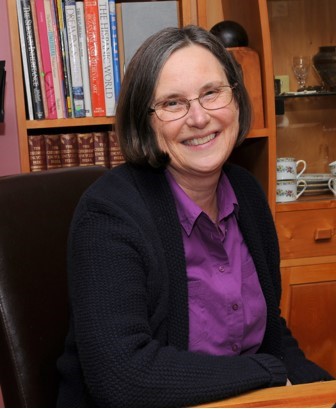
I started learning Greek at the Canberra Hellenic Club in 2010. I was writing a book about my father-in-law Tom Barnes, who led the team of engineers that blew up the Gorgopotamos railway viaduct near Lamia in late 1942. We were going to Greece before I started the classes, so I did an introductory Greek course on CDs. As a result, I could ask lots of questions in Greek but couldn’t understand any of the answers!
It’s challenging to learn a language with only two hours a week, and Greek is quite hard. But somehow, having fun studying the language and culture with the rest of the class, and making friends along the way, I got to the stage where I could go into the kafeneion in a little Greek village way up in the mountains where Tom had lived during the war, tell his story in Greek, and see the excitement among the men.
My book The Sabotage Diaries came out in 2015, but by then I was in love with the Greek language so I kept it going. I’ve learnt heaps from our current teacher, Adonis Kechagias. It’s fabulous to have a group of friends who love Greece and Greek as much as I do, and it’s great to be able to practise my Greek with Australians of Greek heritage.
Brendan Hawke, 37 years old
School: Hellenic Learning
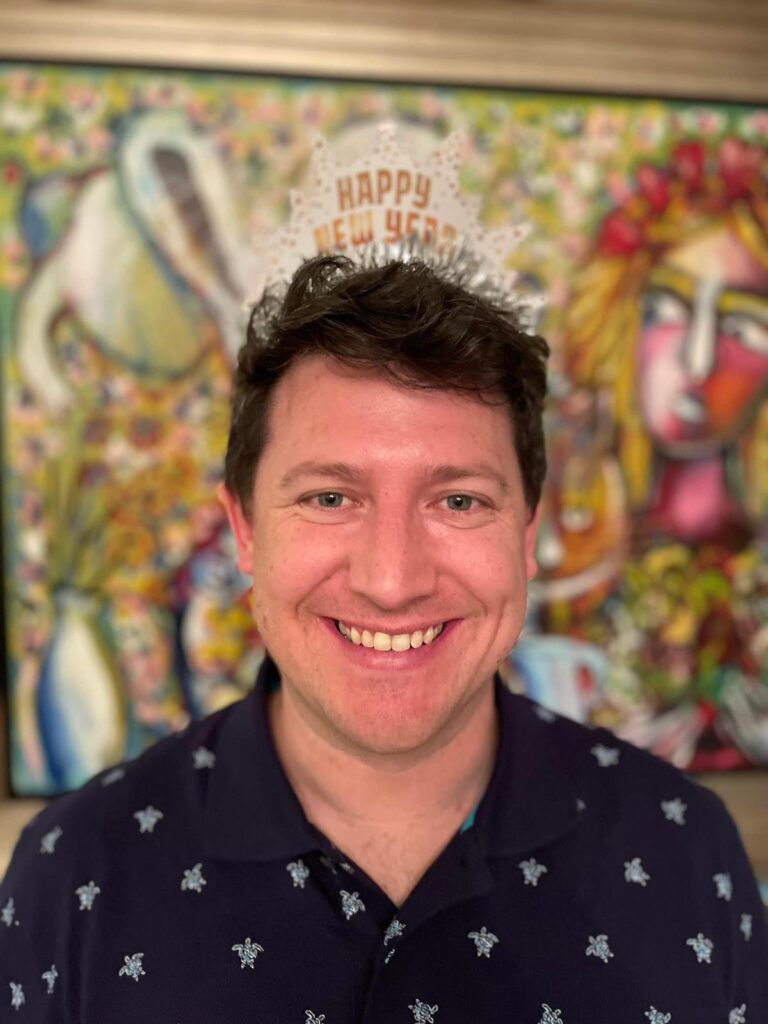
I started to study the Greek language because I married a Greek woman and wanted to strengthen my relationship with her family. Then we had a baby and it was to help my son take pride in his heritage and to be able to share the language with him. Since starting classes with Hellenic Learning, I now study Greek because I enjoy learning it and am able to better understand English through its Greek roots. I’m a primary school teacher and it has also helped me to explain spelling rules and Maths concepts more clearly to my students. Overall, it has been a satisfying and rewarding experience.

